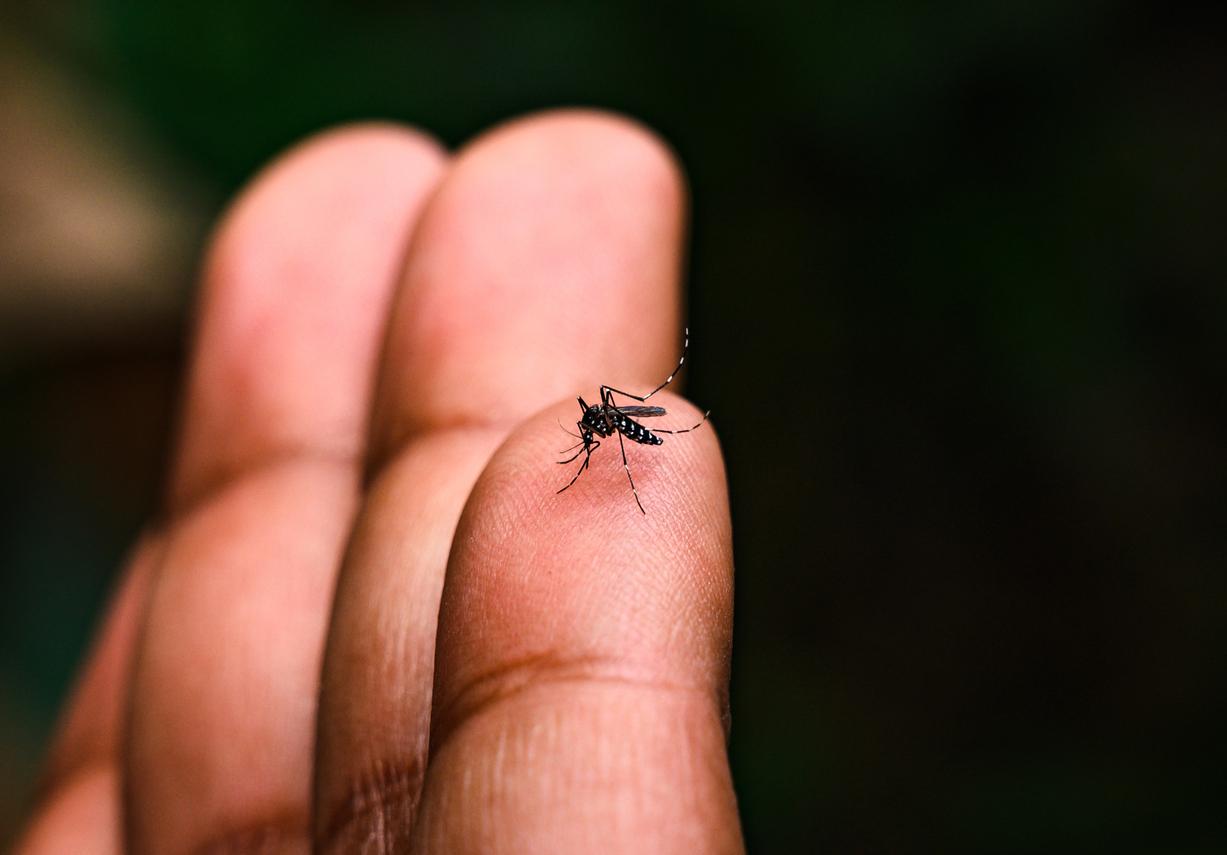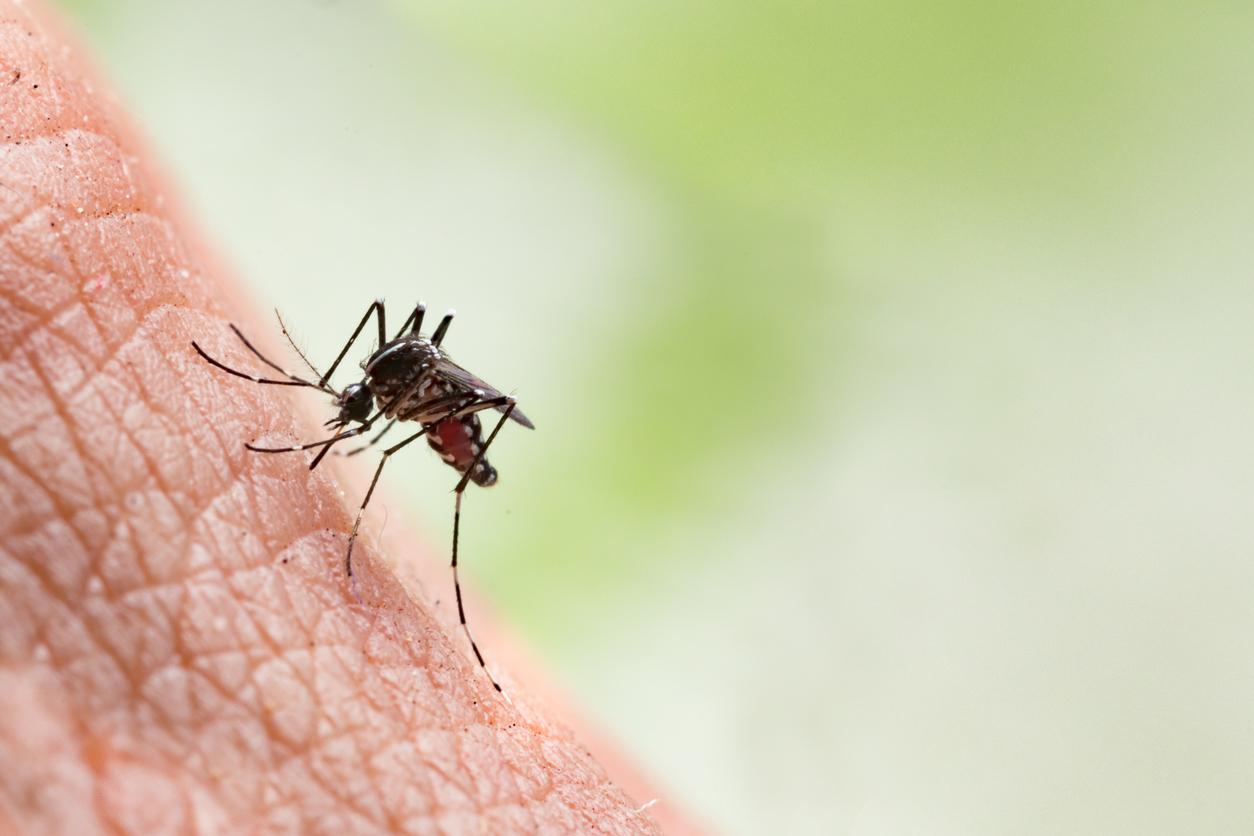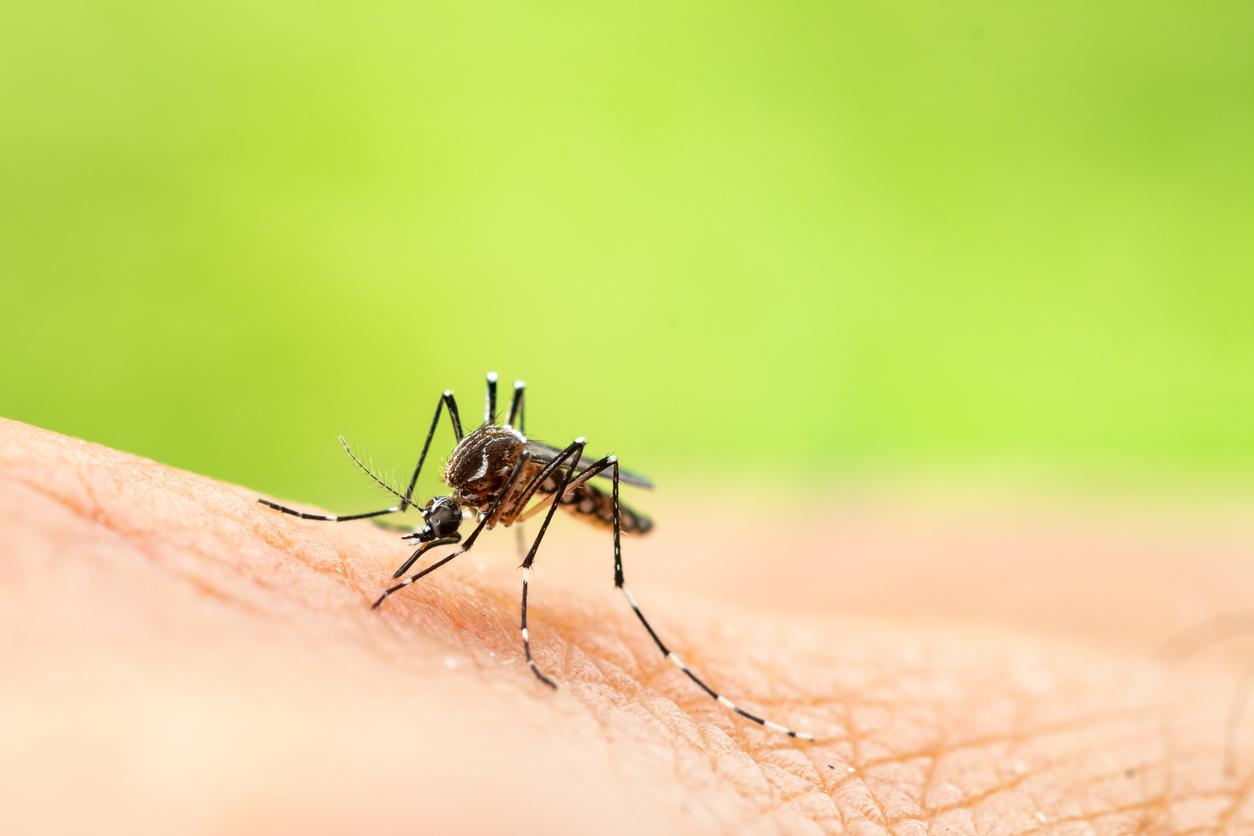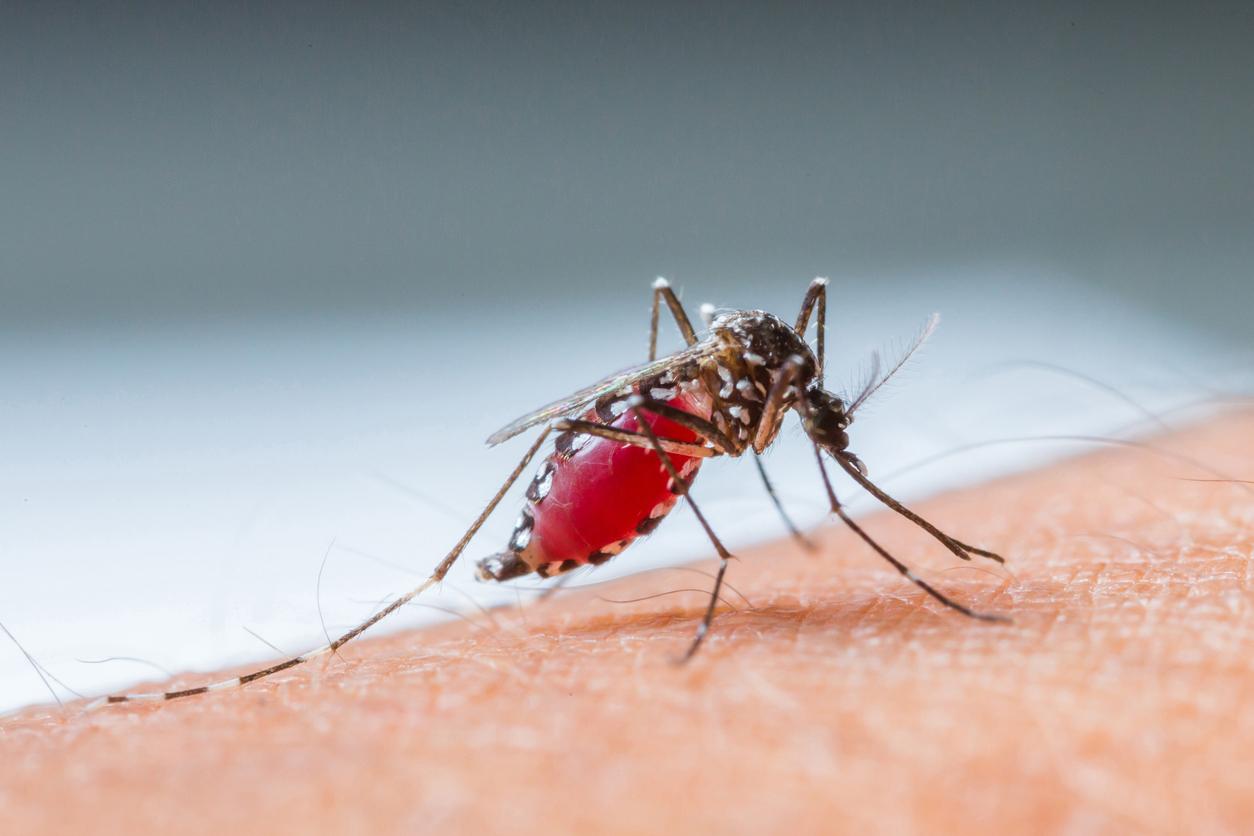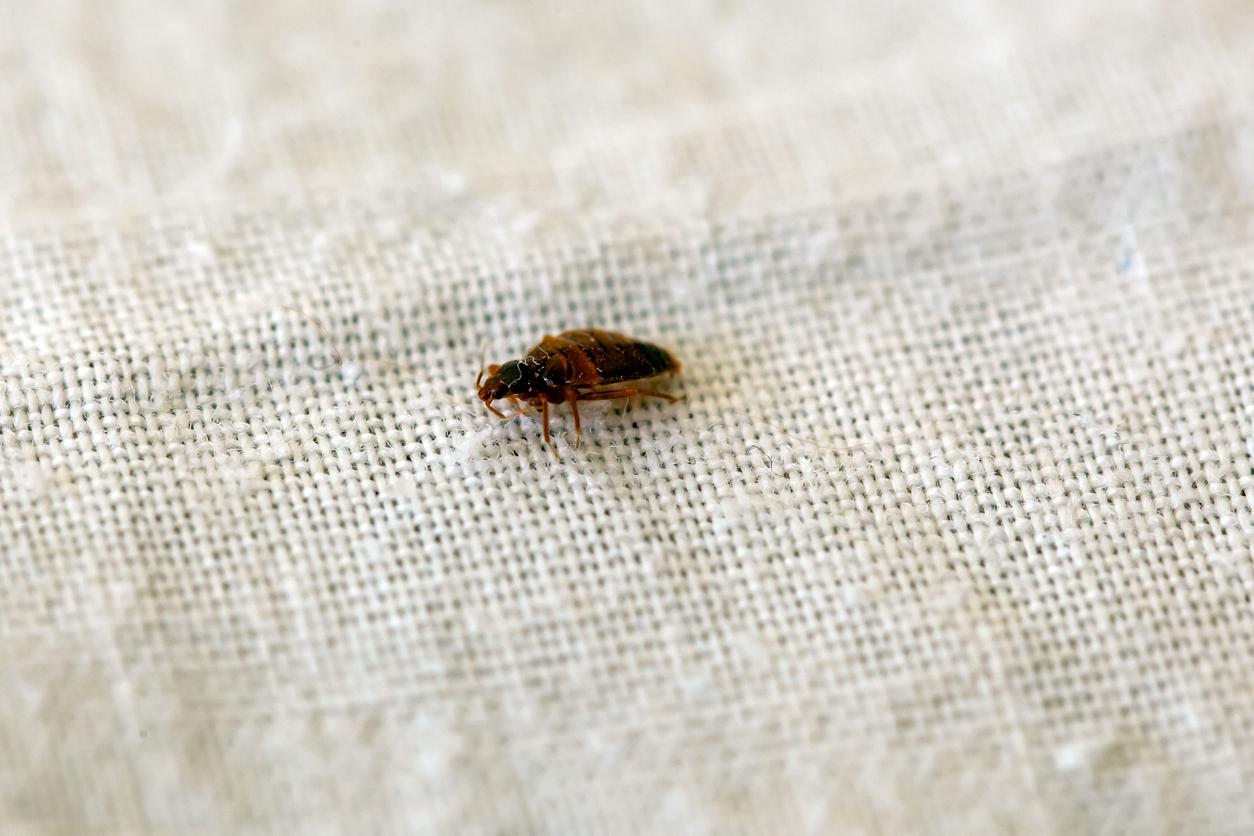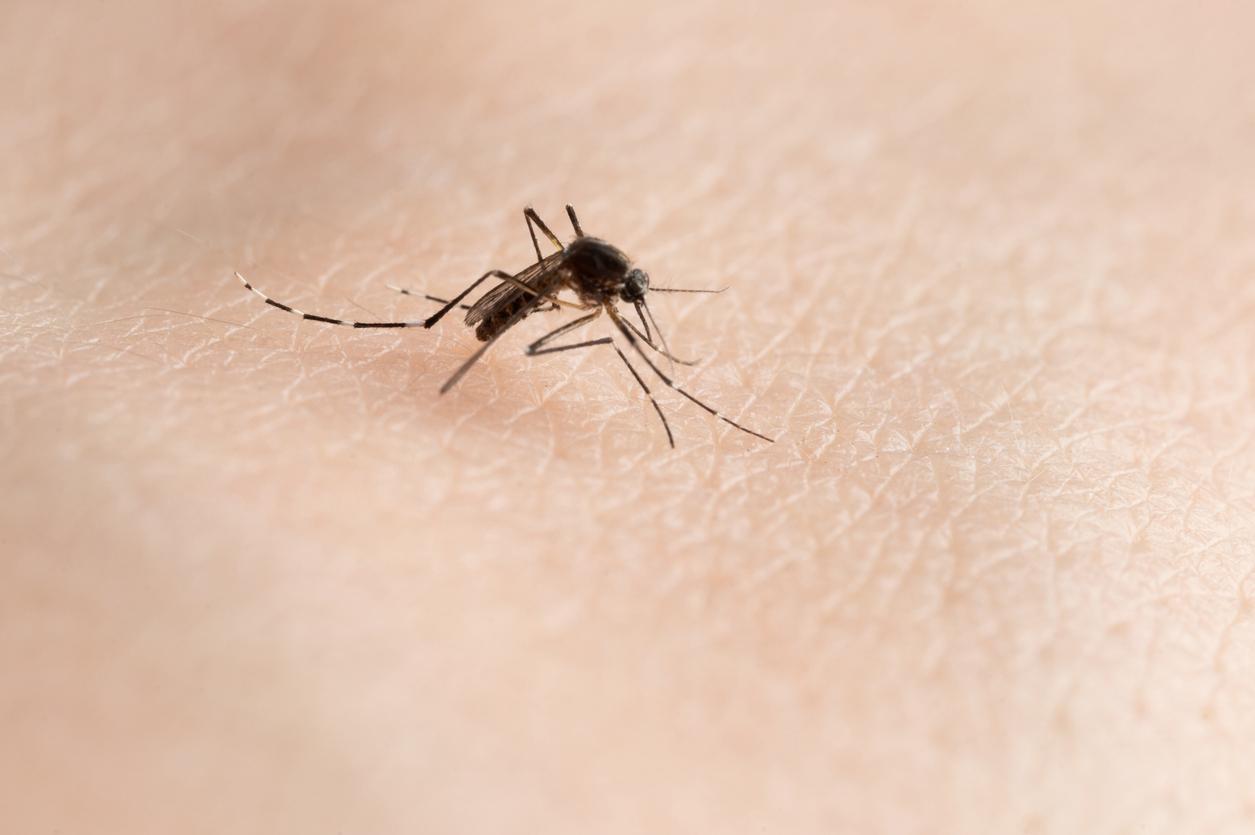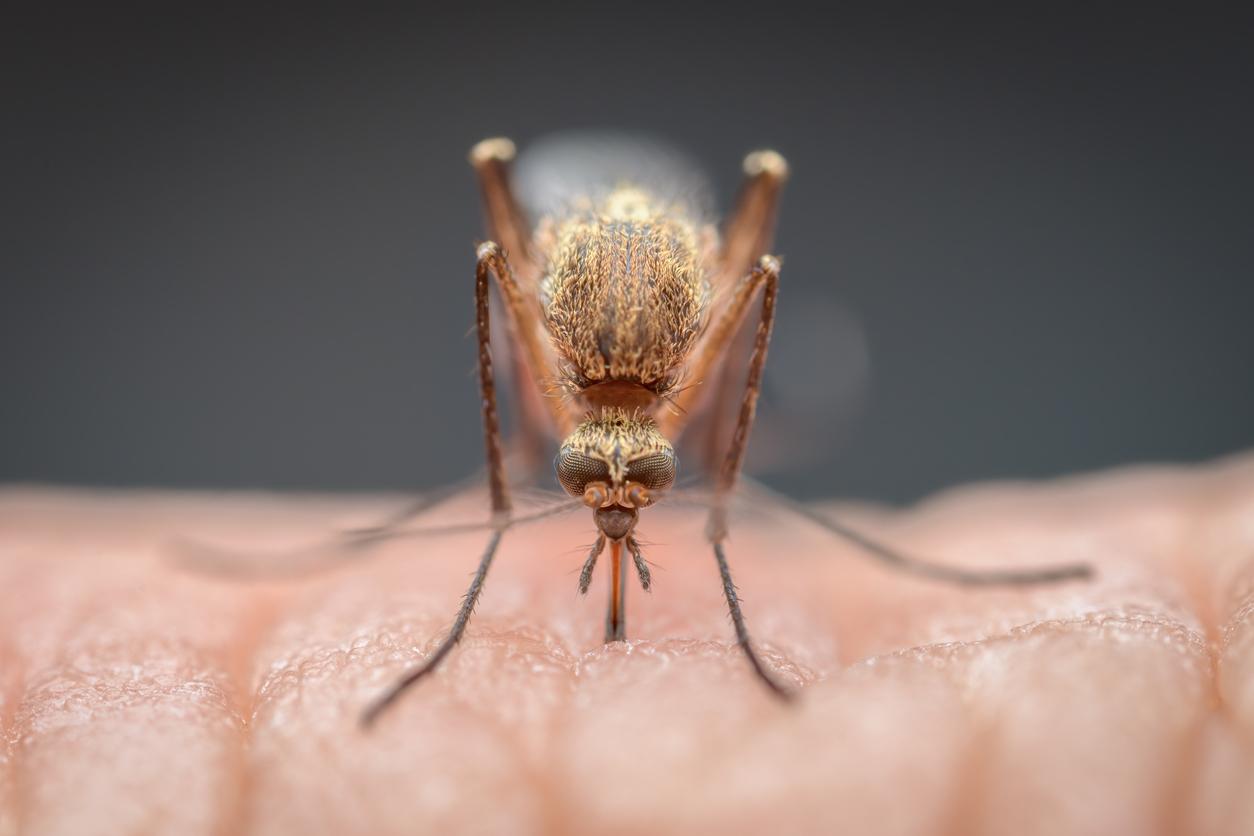The ARS considers that “the extension of the circulation of the virus” of chikungunya is favored by the rainy period and the intensification of the movements of people.

A first case of chikungunya has been confirmed in Guyana, according to the Regional Health Agency (ARS). This virus transmitted by the Aedes mosquito mainly causes a high fever, as well as muscle and joint pain, often debilitating, between 5 to 7 days after the bite. This first case follows the confirmation of two indigenous cases of chikungunya in Martinique. And “the chikungunya epidemic continues to progress on the island of Saint Martin”, in the Caribbean, as noted the Institute for Health Watch (InVS).
The ARS notes that Guyana is currently in the grip of “a rainy period” and an “intensification of the movements of people”, in particular between the West Indies and Guyana “on the occasion of the end of year celebrations”, two factors “Favorable to the extension of the circulation of the virus”. According to the InVS, the case confirmed in Guyana was also “imported from Martinique”.
Avoid the spread of the virus
Reinforced surveillance and vector control measures must continue and be intensified to prevent the occurrence of secondary cases and the appearance of outbreaks to avoid the spread of the virus. In March 2006, chikungunya had appeared in Guyana, imported by a person who had stayed on the island of Madagascar.
According to experts, in Guyana, the Aedes Aegypti mosquito can carry chikungunya for about 3 weeks after biting a person who has the virus.
Tips to avoid the risk of infection
To avoid the risk of infection, the Ministry of Health calls for caution and recalls individual prevention and protection measures against mosquito bites:
– wear long, covering clothing and protect feet and ankles,
– impregnate clothing with insecticides, for long-term protection,
– apply or spray suitable repellants on all exposed parts of the body, face included (the application must be repeated frequently and at least 30 minutes after sun products),
– sleep at night under a mosquito net impregnated with insecticides.
For pregnant women and parents of children and infants, it is also necessary to be vigilant about repellents, which are not recommended for less than two months.
.










